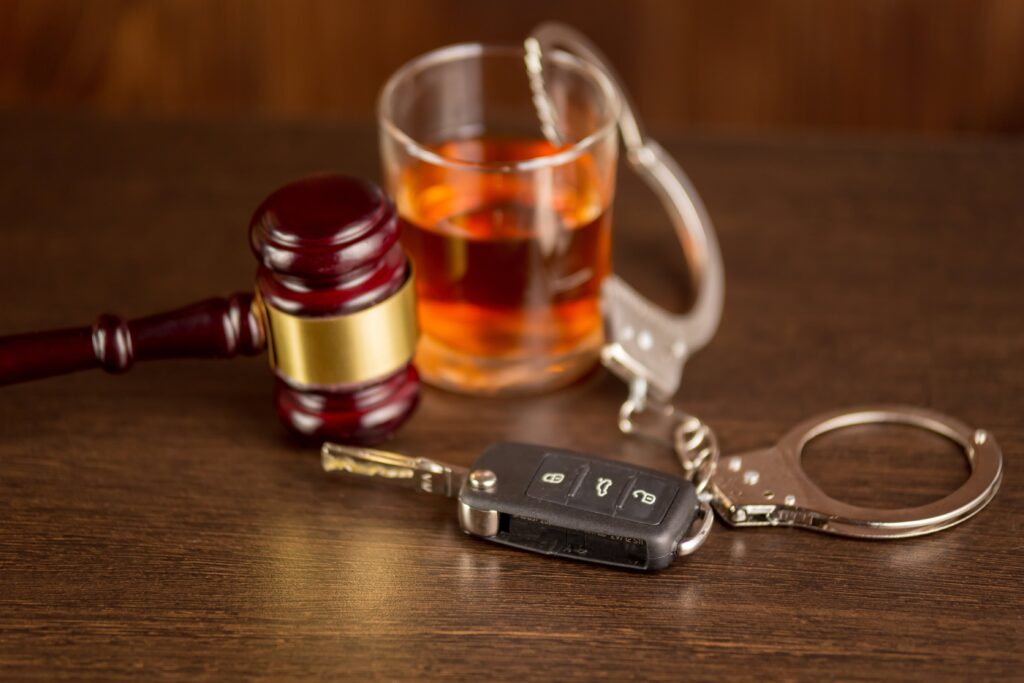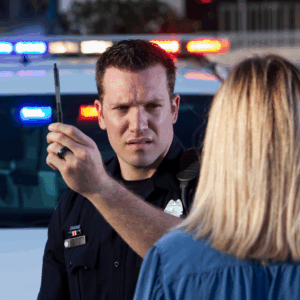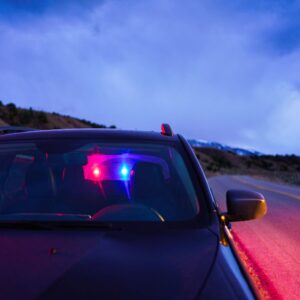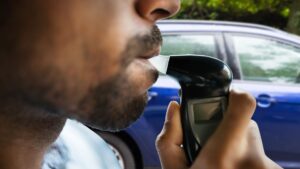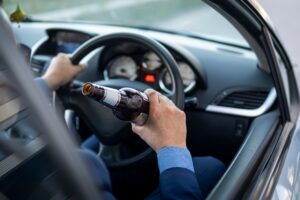 How to Beat a DWI Charge in New York
How to Beat a DWI Charge in New York
For many New Yorkers, a driver’s license is essential for getting to work, caring for family, and running errands day to day. Losing it, even for a short time, can cause significant life disruptions.
It surprises many people to learn that your license gets suspended the moment you’re arrested for DWI in New York. Not when you’re convicted. This reality hits most people like a brick wall because they assumed they’d keep driving until their court case ended. The first step toward regaining control is understanding the differences between a license suspension vs. revocation, and knowing your options for getting back on the road.
License Suspension vs. Revocation in New York DWI Cases
In New York, license suspension and revocation might sound interchangeable, but they carry very different consequences for your ability to drive.
A license suspension is a temporary pause on your driving privileges. Suspension can be for a definite or indefinite period of time. An indefinite time period can result from the need to perform certain tasks as a prerequisite to the government allowing you to drive again. During the suspension period, you cannot legally drive, but your license remains valid in the eyes of the state. Once the suspension ends, you typically pay a termination fee and meet any other requirements to restore your driving rights. No retesting required.
By contrast, a New York DWI license revocation cancels your license. When your license is revoked, the state acts as though it was never issued to you in the first place. To get back behind the wheel, you must reapply, pass both the written and road tests, and pay all related fees. It is as if you are applying for the first time. Revocations often involve longer waiting periods and stricter reinstatement requirements.
While first-time DWI convictions often lead to suspensions, repeat offenses or severe circumstances—such as an extremely high blood alcohol content (BAC) or refusing a chemical test—can result in an immediate revocation, even for a first offense.
The Automatic DWI License Suspension Process
New York doesn’t wait around when it comes to DWI arrests. The state operates under an “administrative per se” system, which means your driving privileges disappear immediately based on your blood alcohol content or refusal to take a chemical test. This happens at the administrative level and is completely separate from your criminal case.
When you get arrested for DWI in New York, the officer confiscates your physical license at the scene. You get a temporary driving document that expires in seven days. The DMV automatically processes the suspension without any input from you or the courts.
Most people don’t realize that this suspension kicks in whether you’re guilty or innocent. The DMV doesn’t care about your criminal case; it operates under its own set of rules and timelines.
How Long Does an Administrative New York License Suspension Last?
The suspension timeline depends on several factors, but most people face these minimum suspension periods:
- Six months for a BAC of 0.08% or higher;
- One year for refusing the chemical test;
- Eighteen months for a BAC of 0.18% or higher (Aggravated DWI); and
- Additional time if you’re under 21 or have a commercial license.
Your suspension could last longer depending on court orders, DMV processing delays, or failure to complete required programs. The clock starts ticking from your arrest date, not your conviction date. As a result, you might complete a significant portion of your suspension before your criminal trial occurs.
The Importance of the Seven-Day Window
You have seven calendar days from your arrest to request a DMV hearing. Miss this deadline, and your suspension becomes final with no appeal rights whatsoever. This hearing is completely separate from your criminal proceedings. It focuses solely on whether the officer had probable cause for the arrest and whether you drove with a BAC over the legal limit.
At the DMV hearing, you have the opportunity to contest the suspension before it’s finalized. This involves questioning the arresting officer’s account, disputing the breathalyzer’s accuracy, or asserting that correct procedures were not followed during your arrest.
Many people skip this hearing, thinking it won’t matter because they have a criminal case pending. That can be a costly mistake. Winning the DMV hearing means keeping your license, at least until your criminal case resolves.
Getting a Hardship License After a DWI in New York
Narrow but important exceptions may allow you to drive for essential purposes. Under state law, a judge may impose a pre-conviction suspension to keep potentially impaired drivers off the road while the case is pending. If that happens, you can request a hardship license at the arraignment.
A hardship license is a restricted permit that allows travel to work and school, or to essential medical appointments. It is not a free pass. To get one, you must show the court that losing your license would cause an extreme hardship, meaning no realistic alternative transportation exists. This usually requires documented proof and, in many cases, live testimony.
Other options include:
- Conditional license. Often available to first-time offenders who meet specific program requirements.
- Restricted use license. A narrower option for those ineligible for a conditional license. Such a license generally limits you to traveling only for work or urgent medical needs.
- Pre-conviction conditional license. Available only if you enrolled in the DMV’s pre-conviction program before arrest.
Each option comes with strict rules and multiple administrative steps, including alcohol screening, program enrollment, and payment of state fees. An experienced DWI attorney can help you meet deadlines, present strong evidence, and avoid mistakes that could cost you these limited driving privileges.
How We Help with License Restoration
Dealing with DWI license issues requires someone who knows both the criminal courts and the DMV system inside and out. The lawyers of Greenspan & Greenspan have spent years mastering both sides of DWI cases, giving clients a significant advantage in protecting their driving privileges.
Our attorneys understand that your license matters more to your daily life than the criminal charges themselves. We’ve successfully challenged hundreds of DMV suspensions, helped clients obtain limited licenses quickly, and streamlined the restoration process once suspensions end.
We take a proactive approach to license issues. Instead of treating your driving privileges as an afterthought, our lawyers make license protection a central part of your defense strategy from day one. This approach has saved countless clients months of unnecessary suspension time and thousands of dollars in related costs.
The DMV system operates differently from criminal courts, with its own rules, deadlines, and procedures. Trying to handle both systems simultaneously while dealing with the stress of a DWI arrest often leads to costly mistakes that could have been avoided with the help of a knowledgeable defense lawyer.
Your driving privileges don’t have to become another casualty of a DWI arrest. With the right approach and quick action, you can often minimize the impact on your daily life and get back on the road.
Resources:

